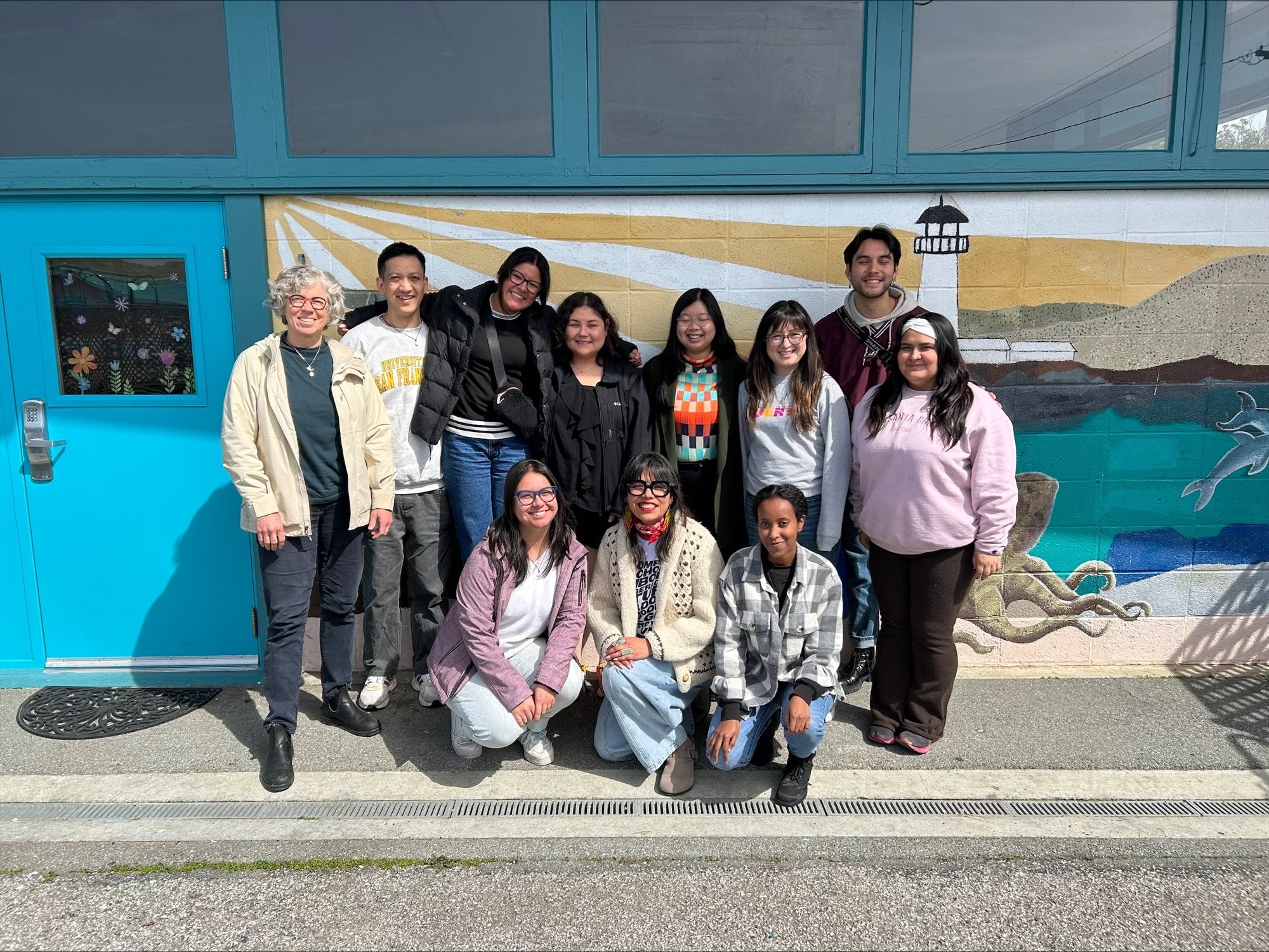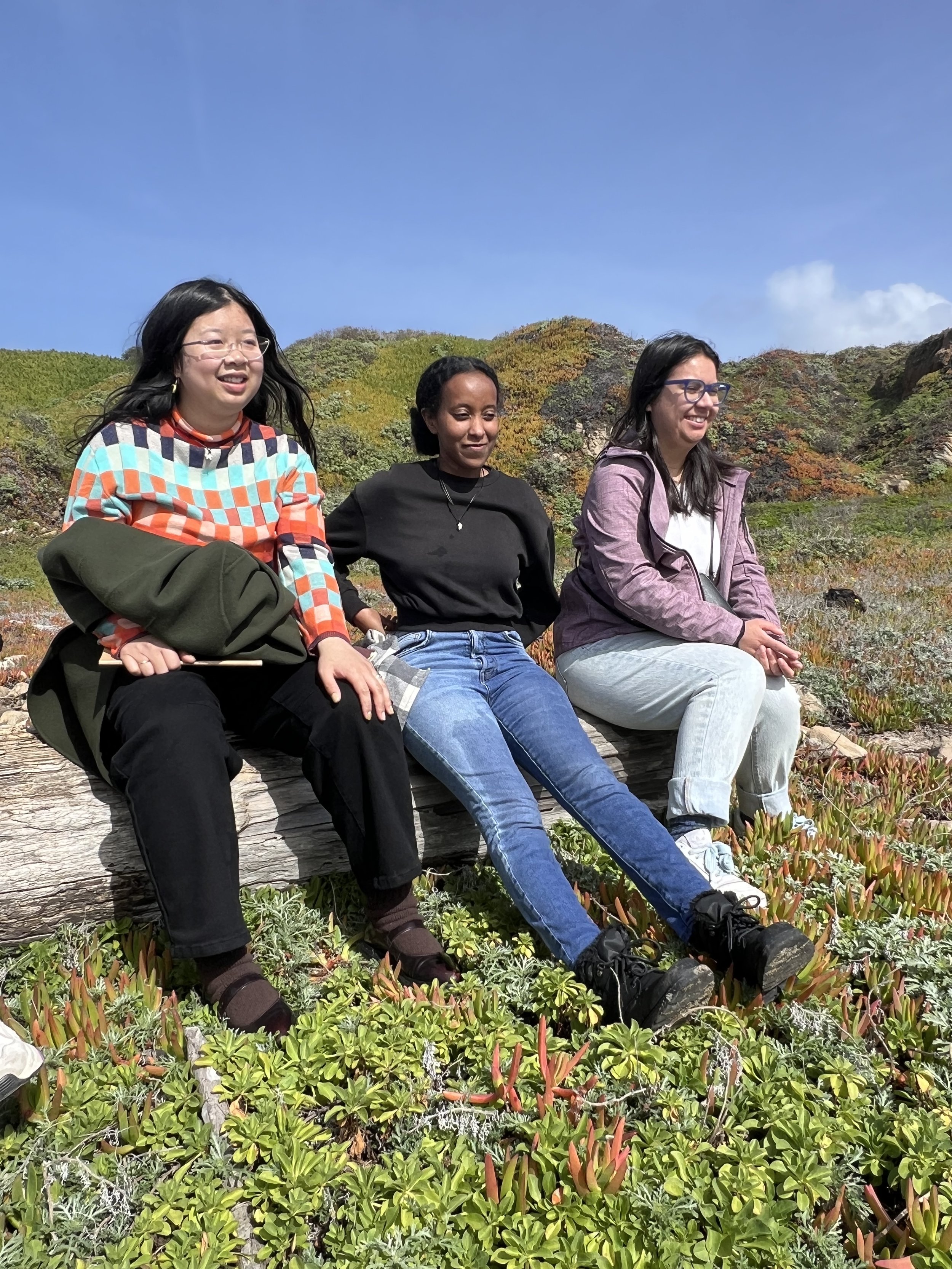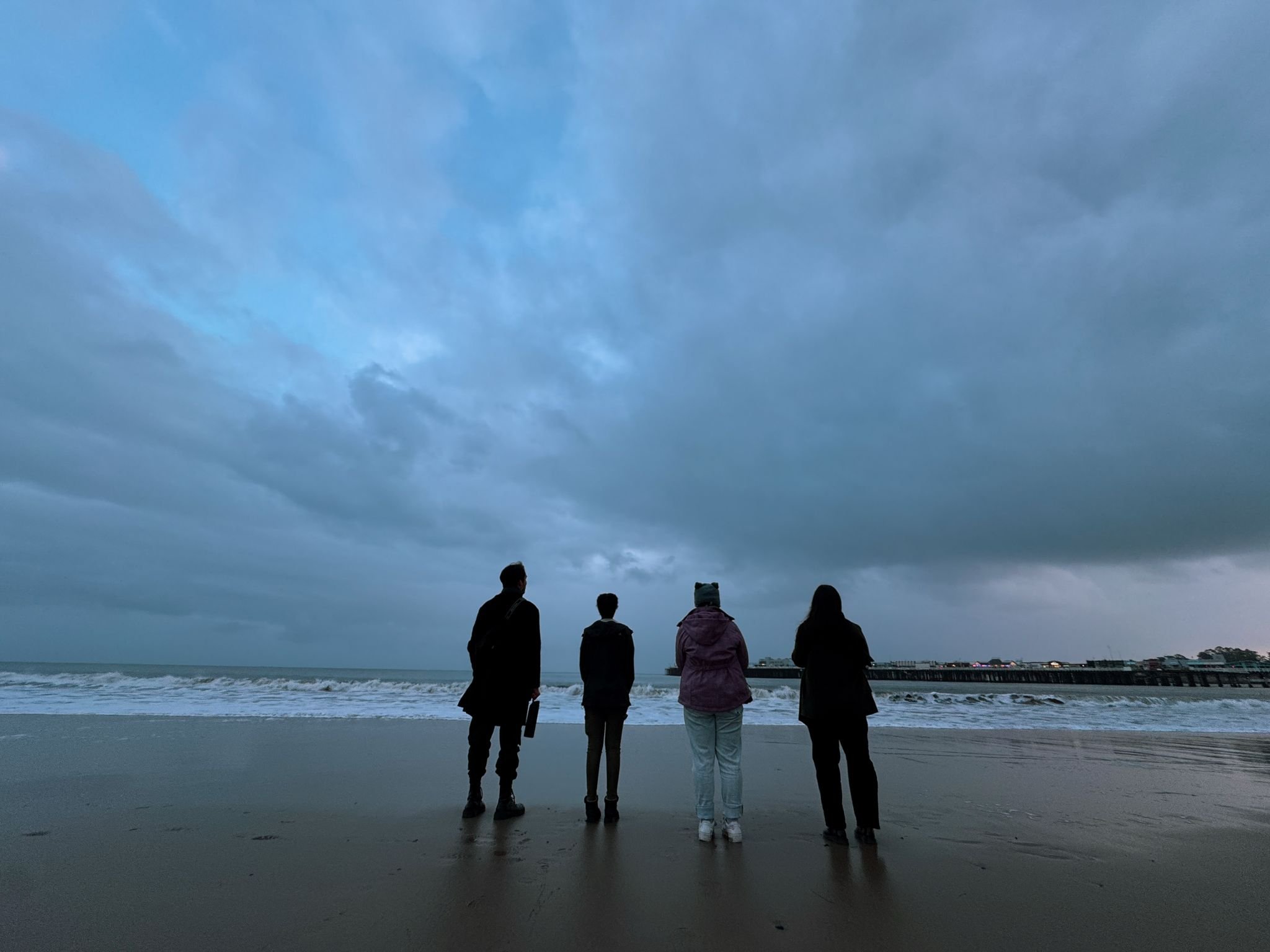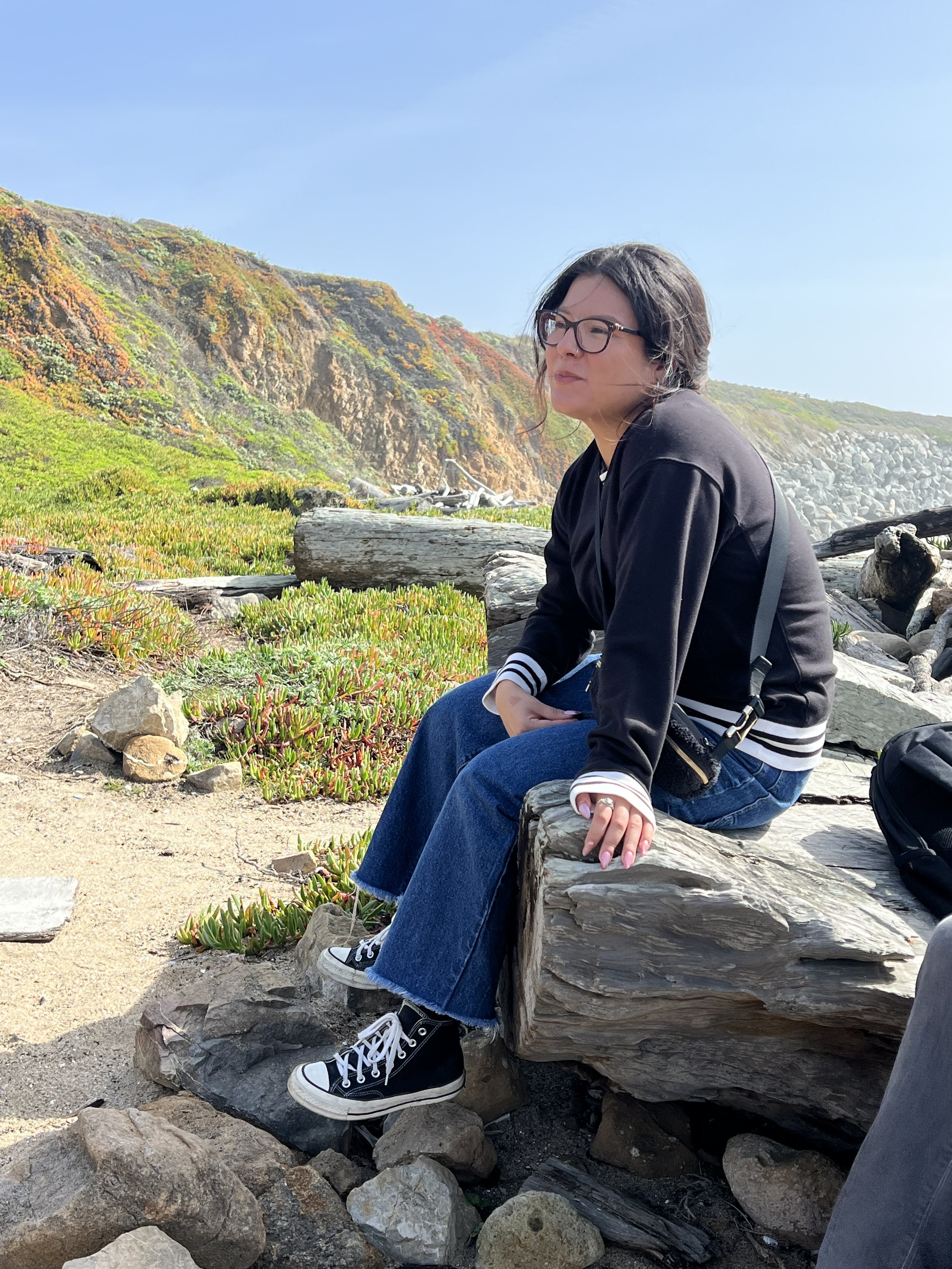Bearing Witness, Building Solidarity: A Journey Through Pescadero
A couple of weeks ago, students from the University of San Francisco’s Migration Studies program had the profound honor of volunteering with the Center for Farmworker Families in Watsonville, California. There, we offered free immigration consultations to farmworkers—many of whom navigate a maze of legal uncertainty while sustaining the very agricultural systems we all depend on.
It was a humbling and deeply human experience. We engaged with individuals whose lives are often rendered invisible, yet whose hands feed us every day. Bearing witness to their stories—of resilience, struggle, and perseverance—offered a powerful reminder of the systemic injustices faced by those at the heart of our food economy.
The following day, Saturday, March 15, we traveled north to Pescadero, where we visited Puente, a nonprofit organization dedicated to fostering wellness, equity, and opportunity across the rural communities of San Mateo County’s South Coast—Pescadero, La Honda, Loma Mar, and San Gregorio.
There, we were warmly welcomed by Arlae and Alejandra, who generously walked us through Puente’s remarkable 27-year journey. They shared stories of triumphs and challenges in their fight for accessible education, health care, housing, and economic security for farmworker families. Their hospitality, transparency, and unwavering commitment were truly moving.
As we walked through the town of Pescadero, we observed the very fields where migrant labor sustains the region’s agricultural output. Yet just beyond the rows of crops lay crowded trailers and makeshift homes—stark reminders of the unsustainable living conditions many workers endure. This unsettling contrast between exploitation and nearby affluence, between invisibility and tourism, stirred questions that continue to sit heavily with us.
Later that day, two courageous community members, Maria and Stella, shared their migration journeys. With grace and vulnerability, they illuminated the emotional and legal toll of the U.S. immigration system, as well as the strength it takes to keep moving forward in the face of so many barriers. Their stories were not only testimony—they were calls to action.
We concluded our visit at Pescadero Beach, gathering quietly to reflect on what we had seen, felt, and learned. Difficult, sometimes unanswerable questions arose—about justice, dignity, and what it truly means to stand in solidarity. Yet one truth became clear: this work is urgent, ongoing, and deeply necessary.
We returned from this trip with hearts heavy and hopeful, carrying with us the voices and visions of those we met. We remain committed to uplifting those voices, to fighting for equity and justice, and to ensuring that no one, especially those who sustain our daily lives, is left in the shadows.
Grateful for the experience. Inspired to keep pushing forward.
MIMS student and faculty at Puente
MIMS student at Pescadero Beach
MIMS student at Pescadero Beach
MIMS student at Pescadero Beach
MIMS student at Pescadero Beach
Pescadero Beach
Pescadero Beach








